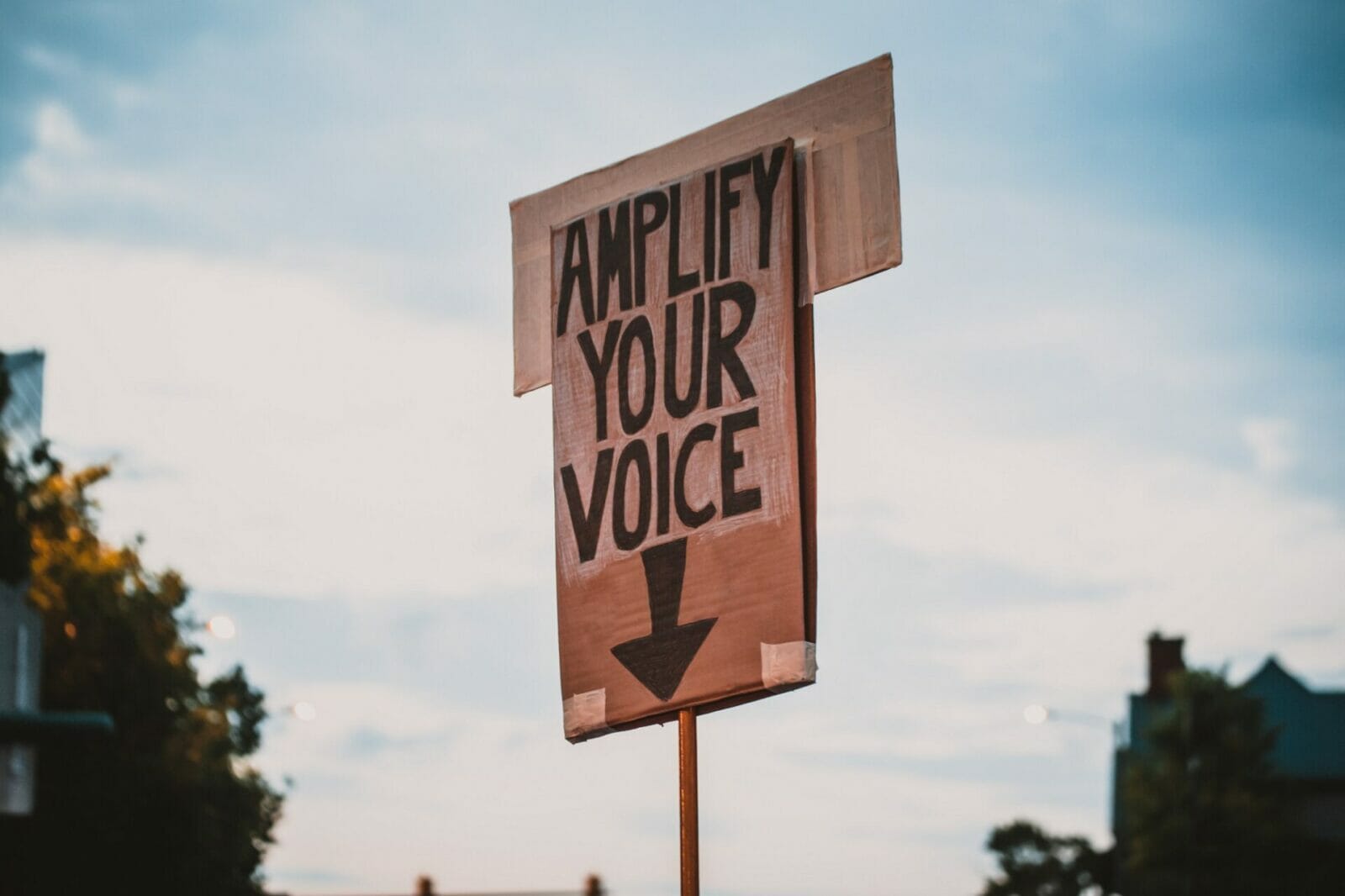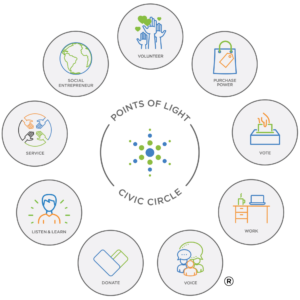How We Access the Tools for a Strong Democracy

Democracy is defined as a form of government but, generally, most people associate more with its characteristics than its definition. These ideals include freedom of speech and religion, the right to own property and the right to vote, among others. We hold them in high regard and defend them when they’re threatened.
That’s true in every democracy. In Brazil and in India where citizens are questioning their government’s perceived moves to stifle free speech. In Italy and Sweden where elections are ushering in sweeping changes in the parties in control. And, yes, in the United States as we approach our own mid-term election.
We talked about how to protect and strengthen democracy recently when Points of Light held a session for board members and advisors to explore the role of civic engagement in democracy. Eric Liu, CEO of Citizen University, reminded us that, “Democracy is a game of infinite repeat play.” You’re always in it; it’s an ongoing conversation, which means there needs to be a tool we can use throughout our lives to be part of the ongoing democracy.
Points of Light’s Civic Circle is just that – a tool for us to use in different ways, in different times in our life. When you’re young, you’re less likely to have the expendable income to donate, but you can use your voice and offer your time to volunteer or choose to do a year of service. As you move ahead in your career, you may have more income to use your purchase power and more influence at work to drive decisions like giving time off to employees to volunteer and vote. Eric put it best, saying, “the Civic Circle names power.” And throughout your life, you can combine these powers to advance causes you care about and create a thriving democracy.
is just that – a tool for us to use in different ways, in different times in our life. When you’re young, you’re less likely to have the expendable income to donate, but you can use your voice and offer your time to volunteer or choose to do a year of service. As you move ahead in your career, you may have more income to use your purchase power and more influence at work to drive decisions like giving time off to employees to volunteer and vote. Eric put it best, saying, “the Civic Circle names power.” And throughout your life, you can combine these powers to advance causes you care about and create a thriving democracy.
Listening and learning is one element of the Civic Circle we can all do, at any time. At our session, Jon Meacham, Pulitzer Prize-winning author and presidential historian, called it curiosity, saying it’s one of three things needed to be successful in our civic engagement work:
- To be curious – engage with and take in new ideas that make you uncomfortable;
- To have candor – be honest with ourselves and others. Intellectual honesty means we can say something good about anyone, and still be critical of those we tend to agree with;
- To have empathy – understanding other points of view from a place of compassion and understanding.
Finally, the best part about our democracy is there is always opportunity. Michael D. Smith, CEO of AmeriCorps, said we should all “own the challenges and opportunities in our community. We have the chance to be part of it.”
And that is one of the most critical parts of democracy. We need to create a culture where we’re all invested, “where we believe we’re better off when we’re all better off,” as Eric Liu said.
Points of Light’s Civic Circle is a cultural catalyst. It can help people figure out how they can best get engaged in their community and deepen engagement for those who are already involved.
Consider how you’re engaging in your community – from your work to your place of worship to conversations with your friends and family. How can we make civic engagement more accessible for everyone and encourage people to be curious, candid, empathetic and involved?
If you’re looking for ways to get started, visit our Civic Circle page for videos, digital magazines and action plans to help you get started.
How we show up and take action every day creates the type of democracy we want to be part of. Whether it’s registering to vote, learning more about an issue, using your voice to advocate for a cause or being a public servant, member of the military or working with AmeriCorps. Today, take one extra step toward creating the world you wish to see. We’ll all be better for it.
